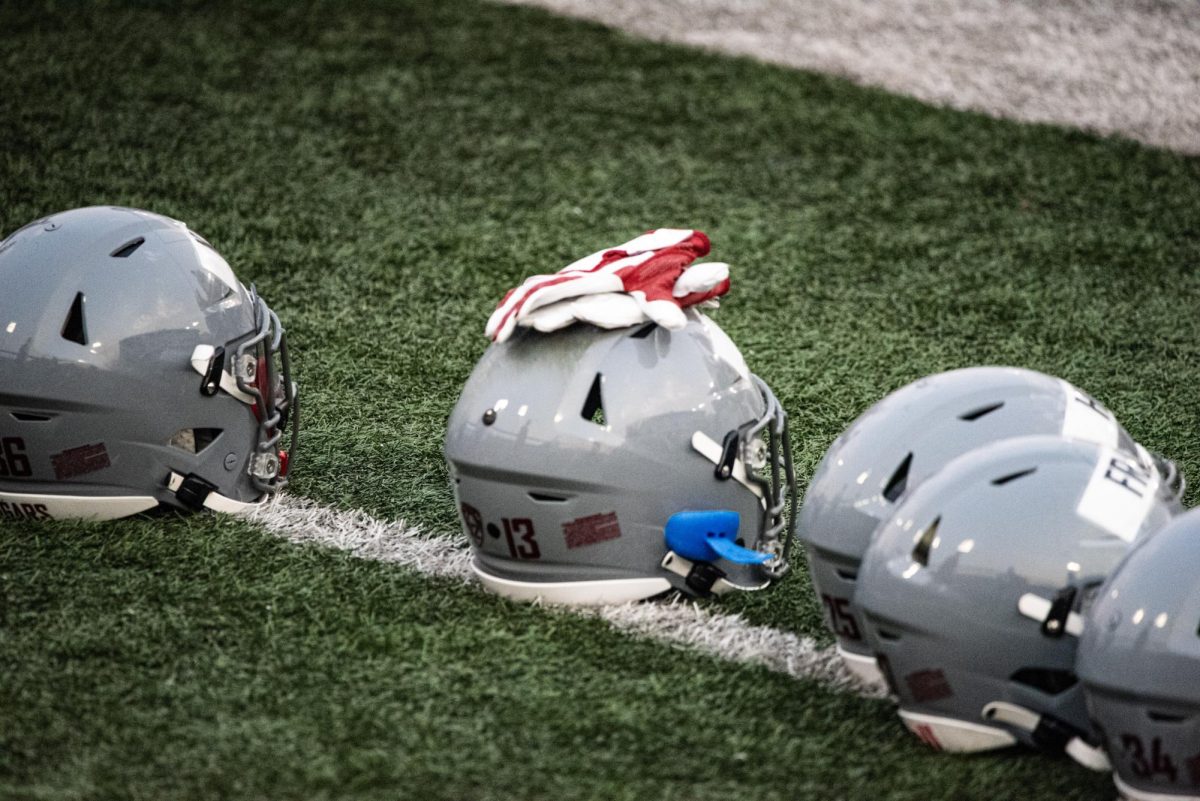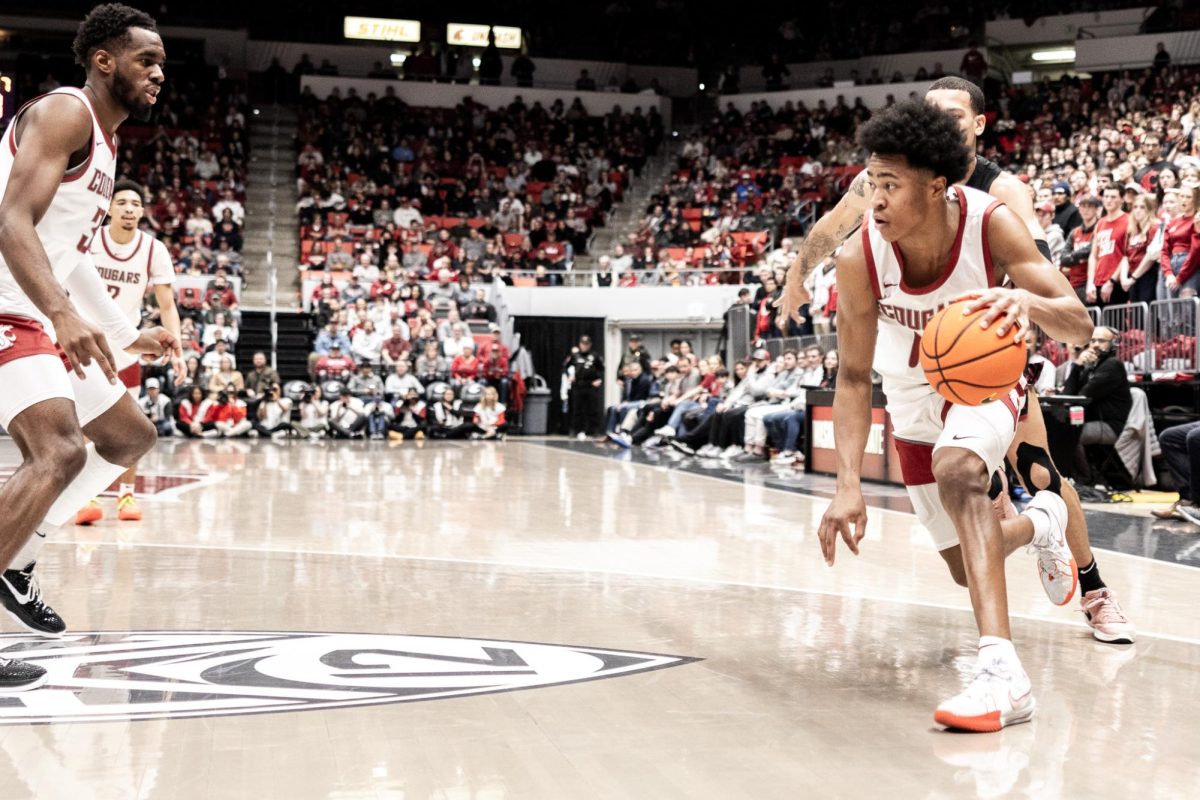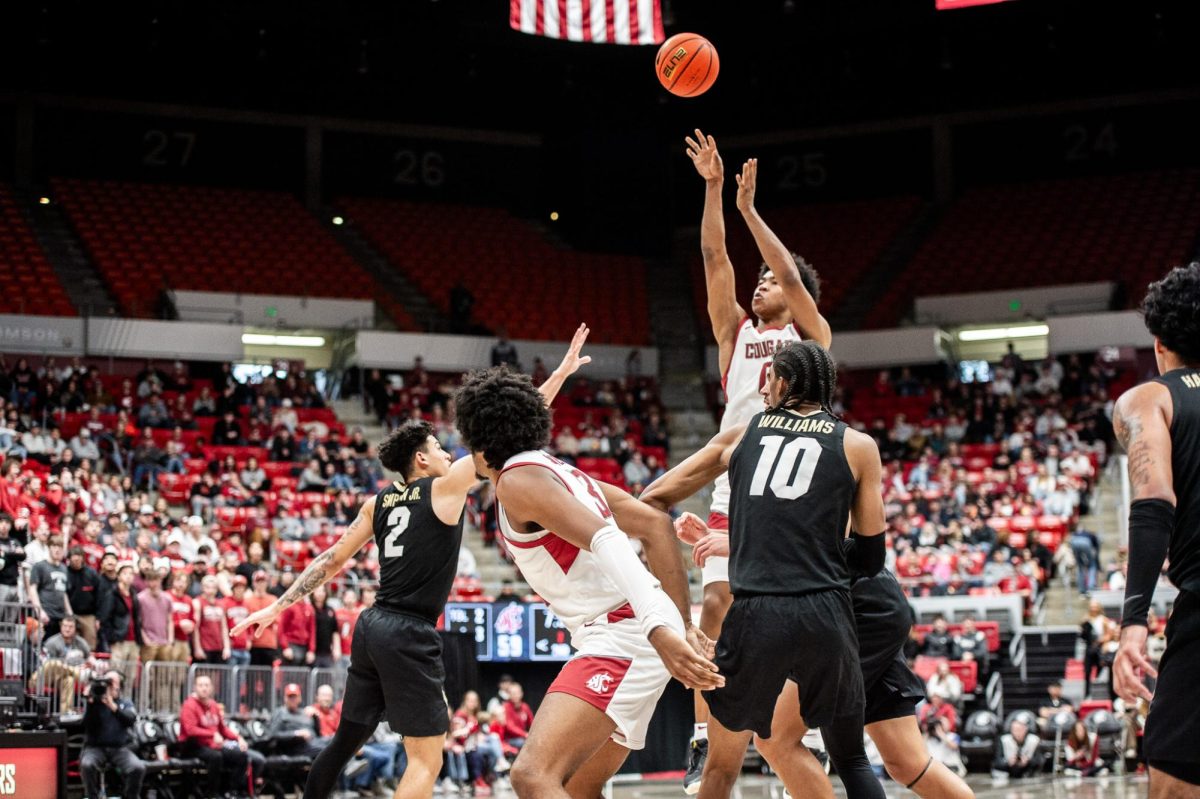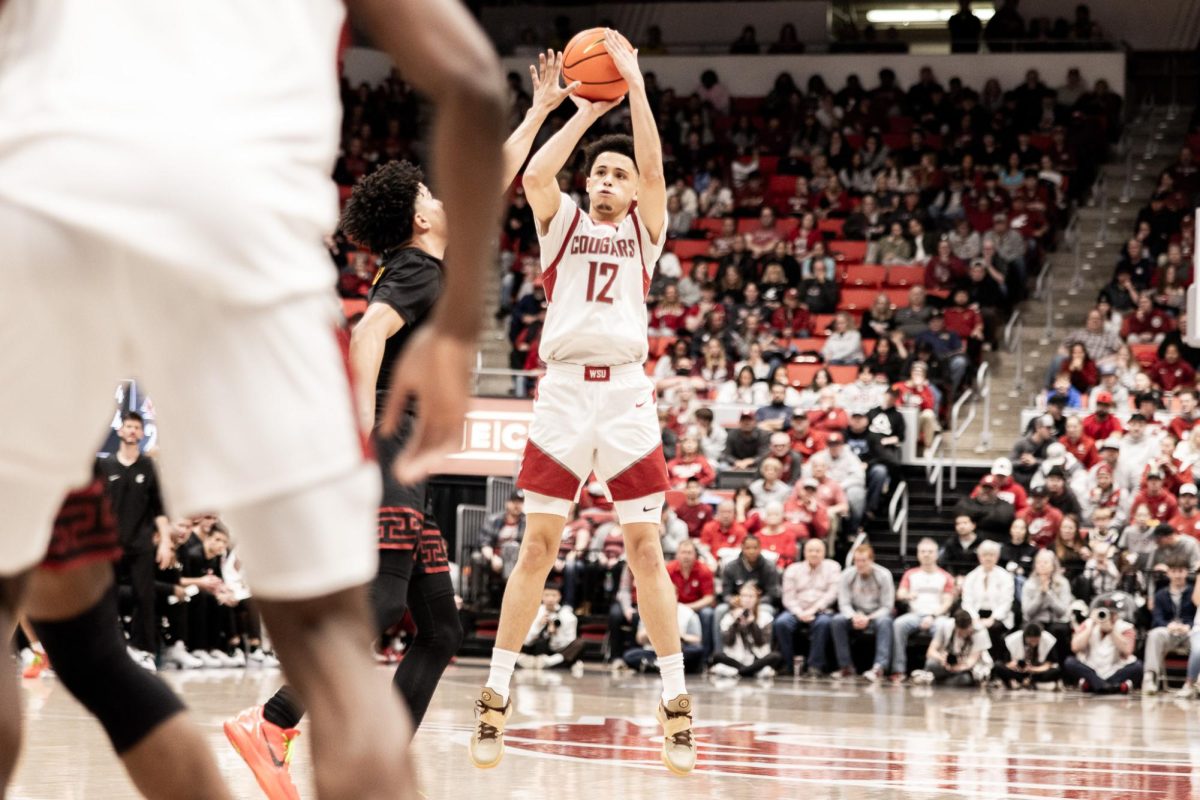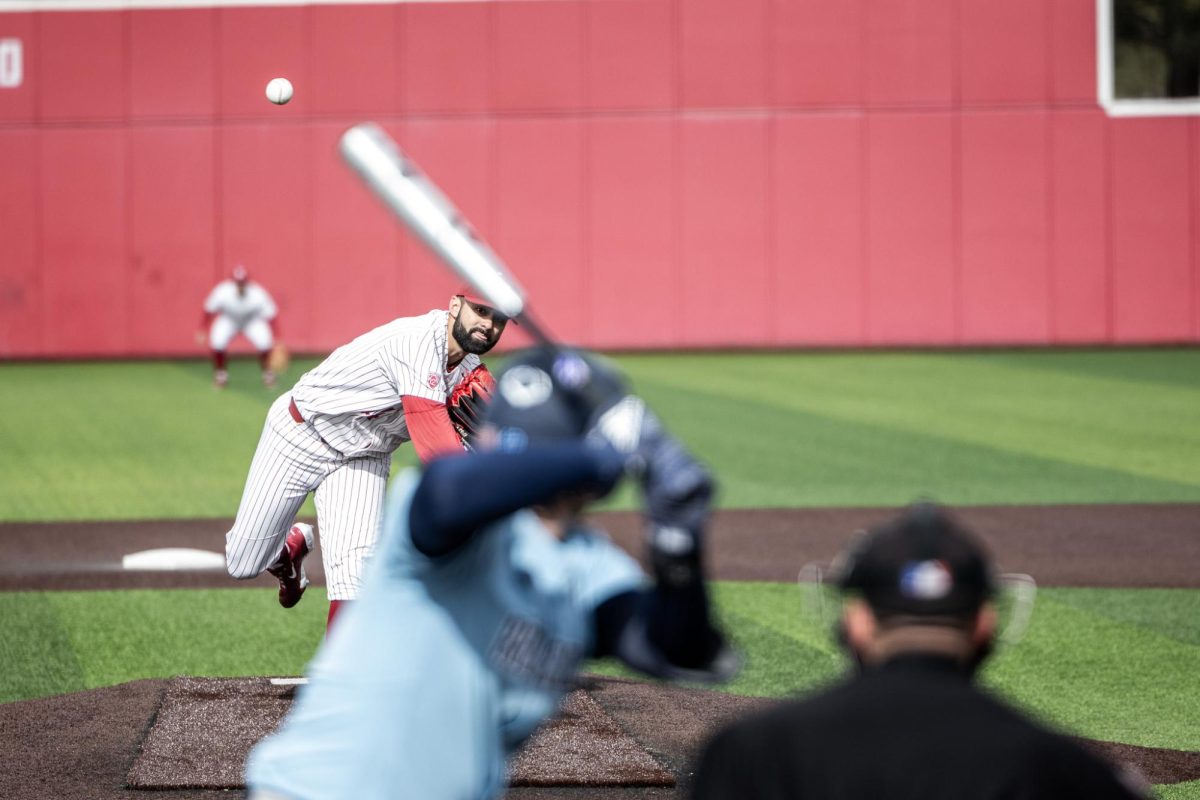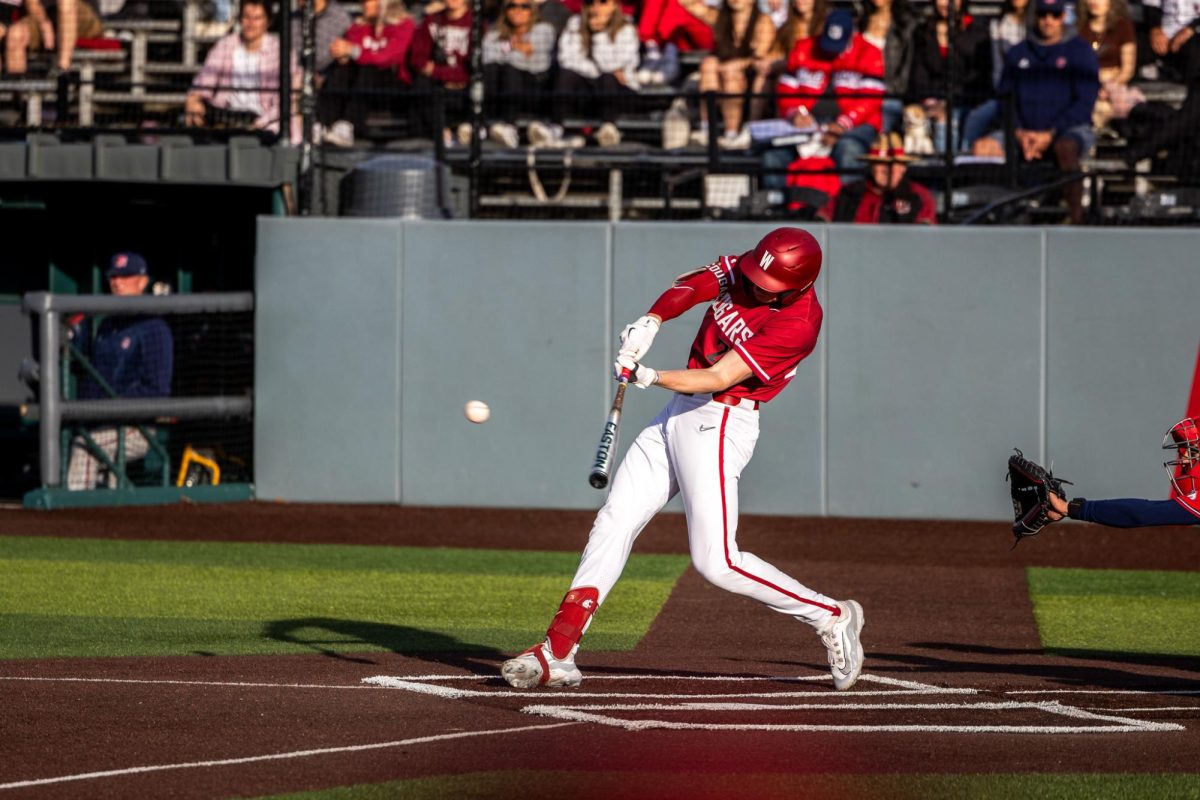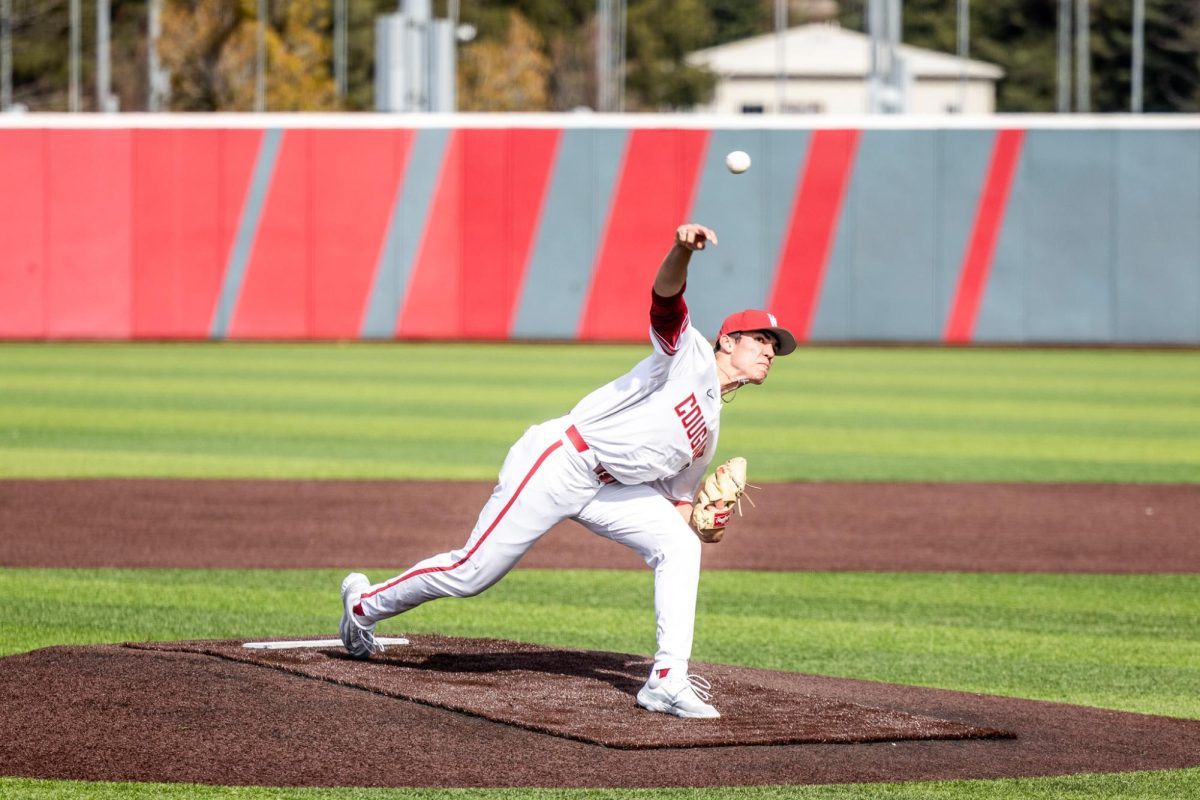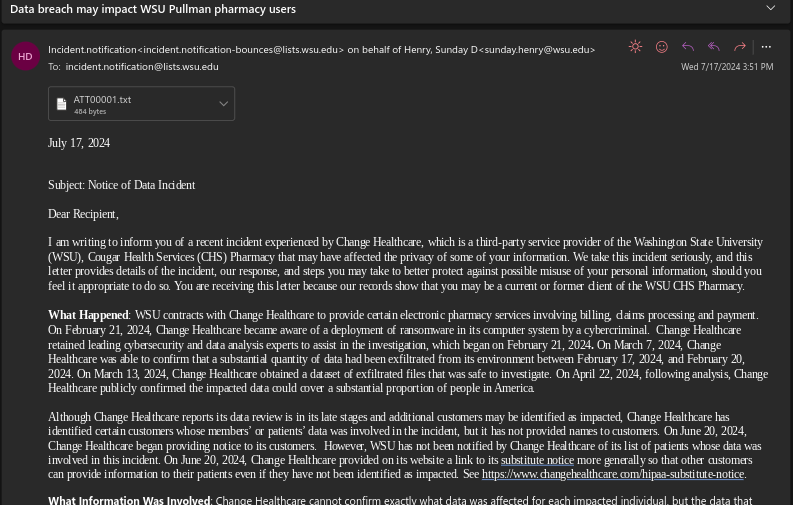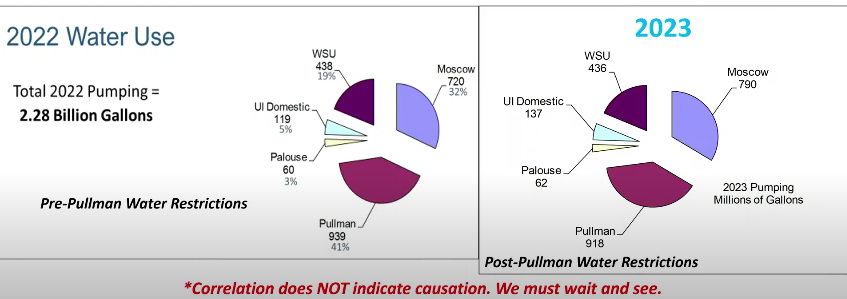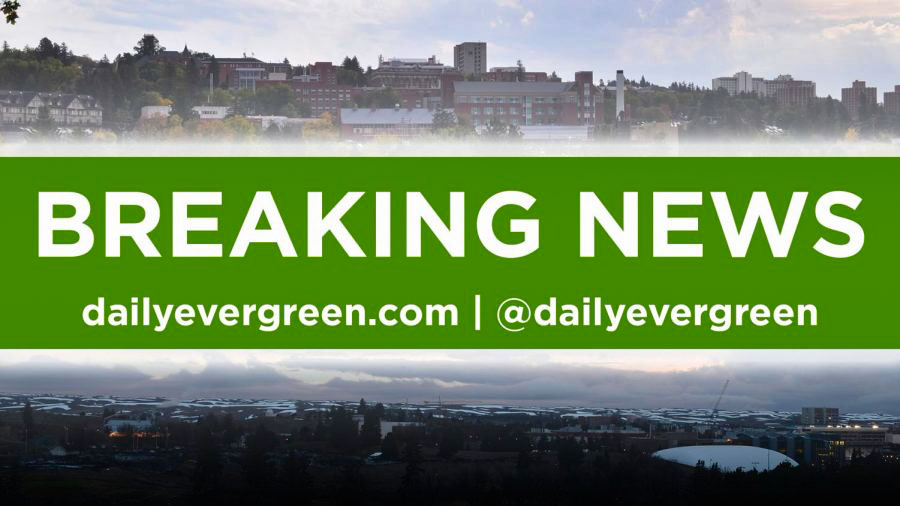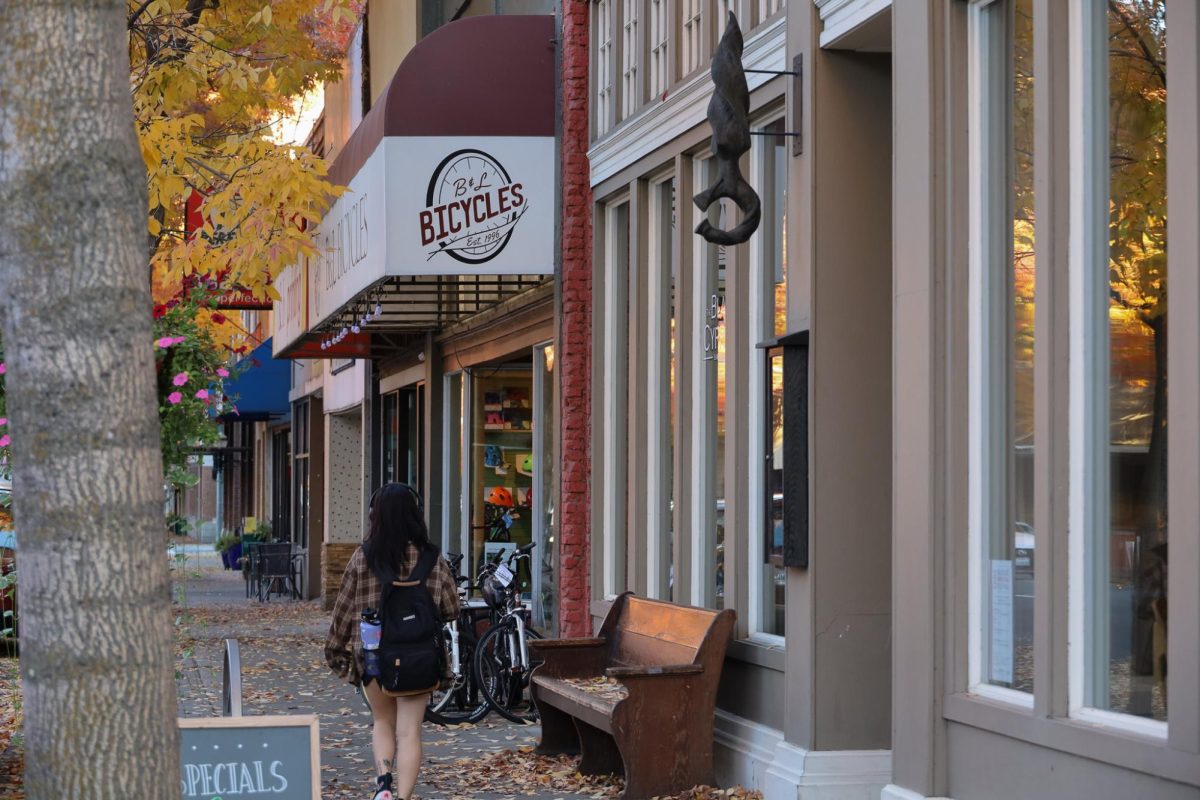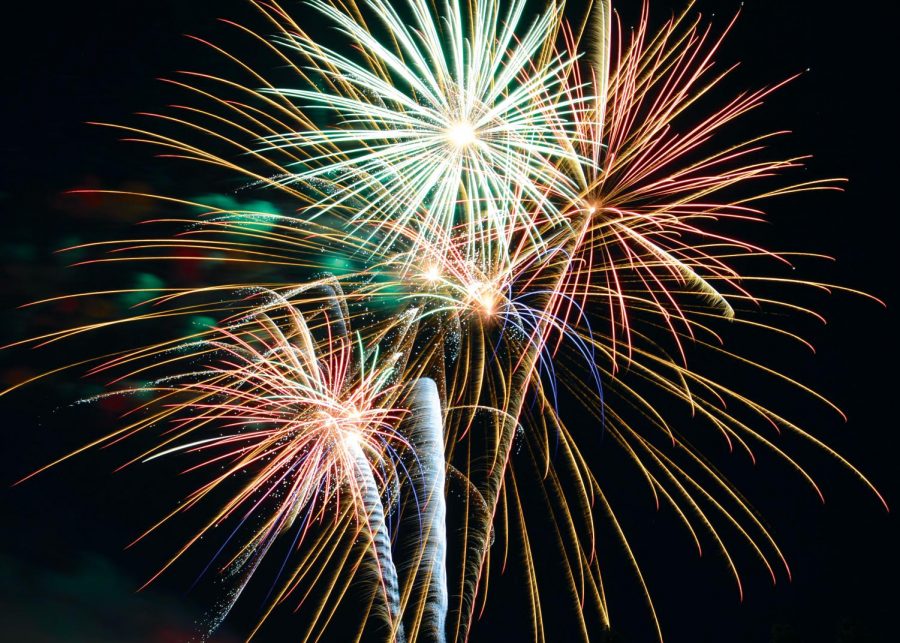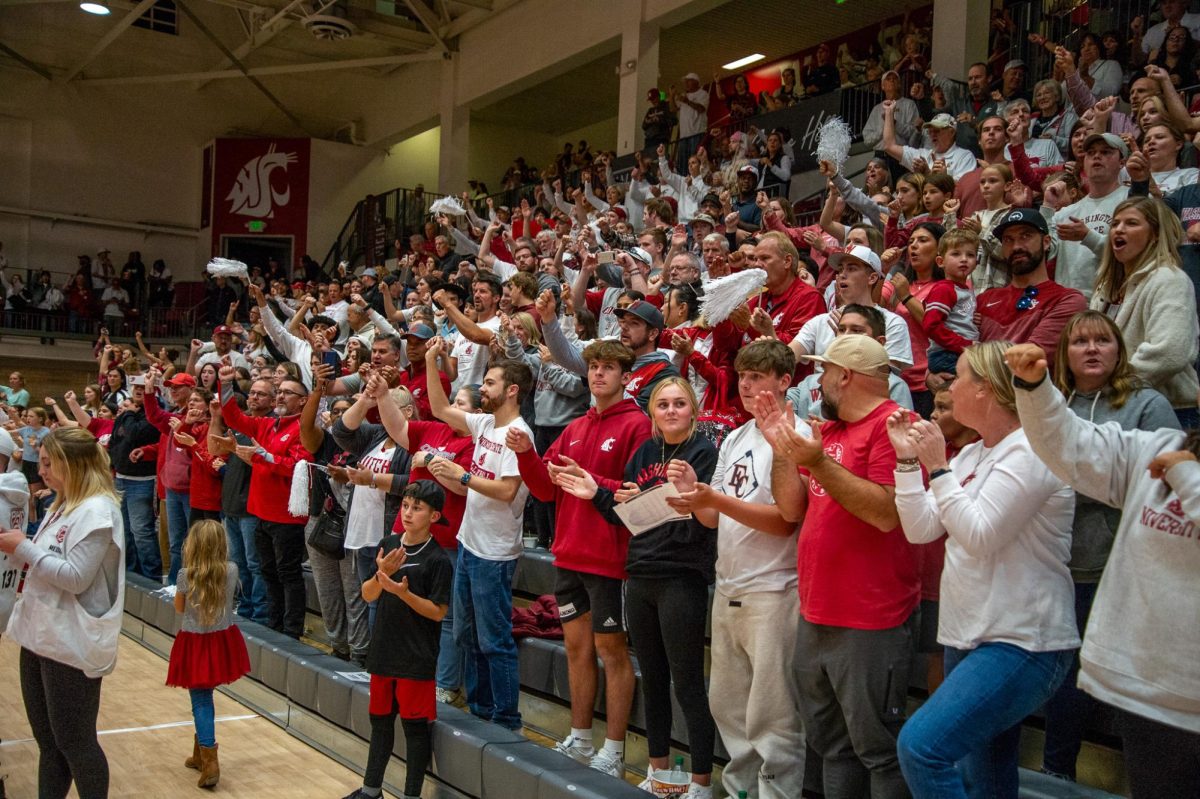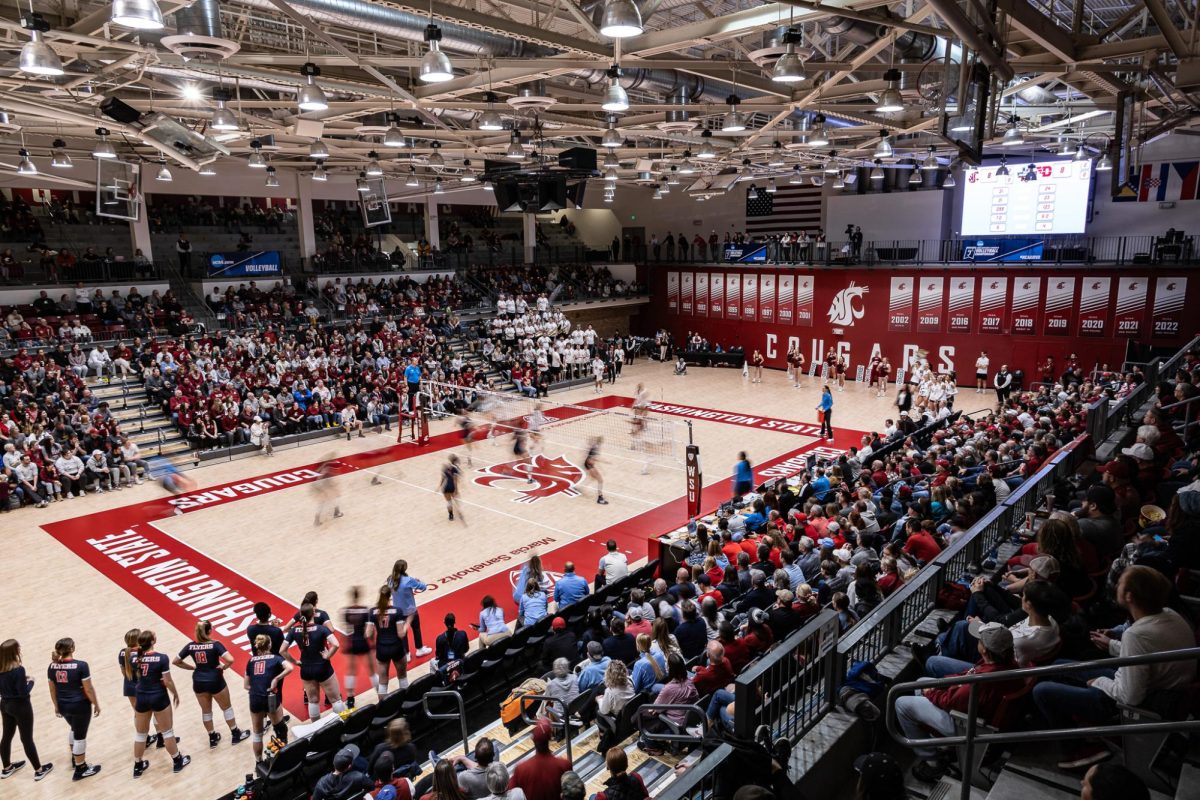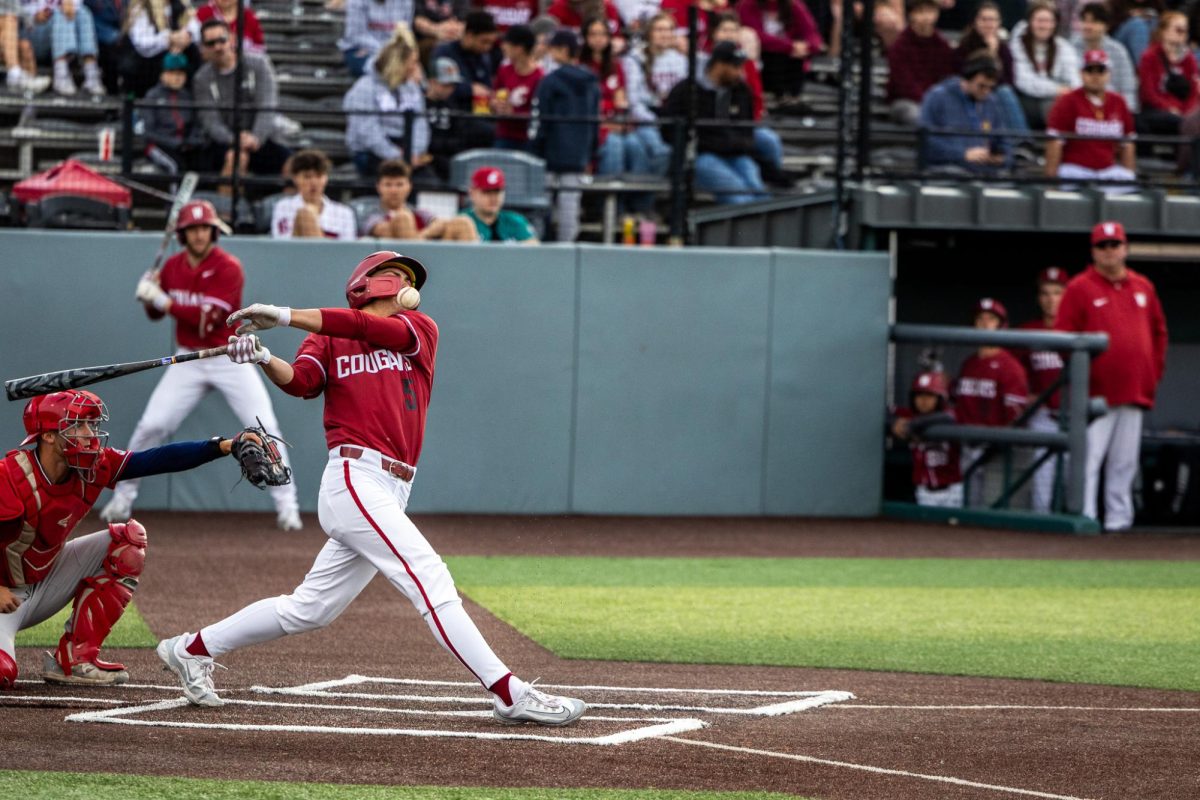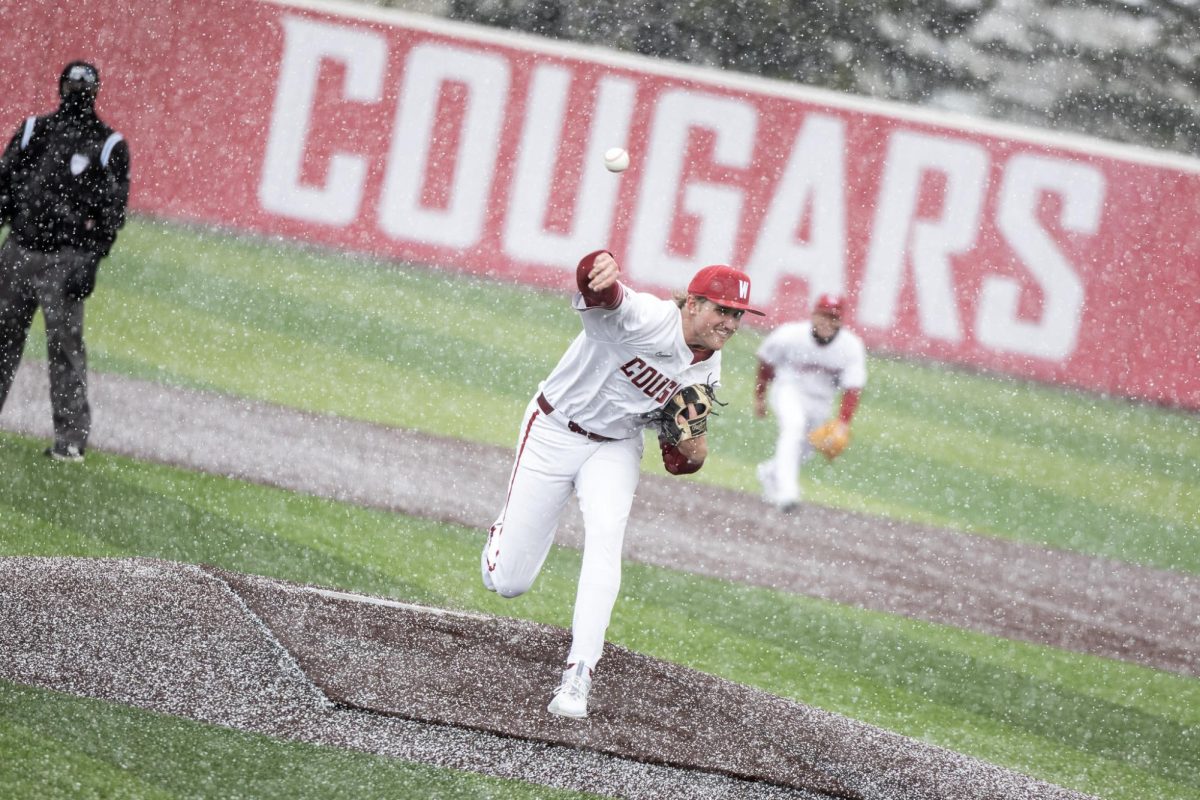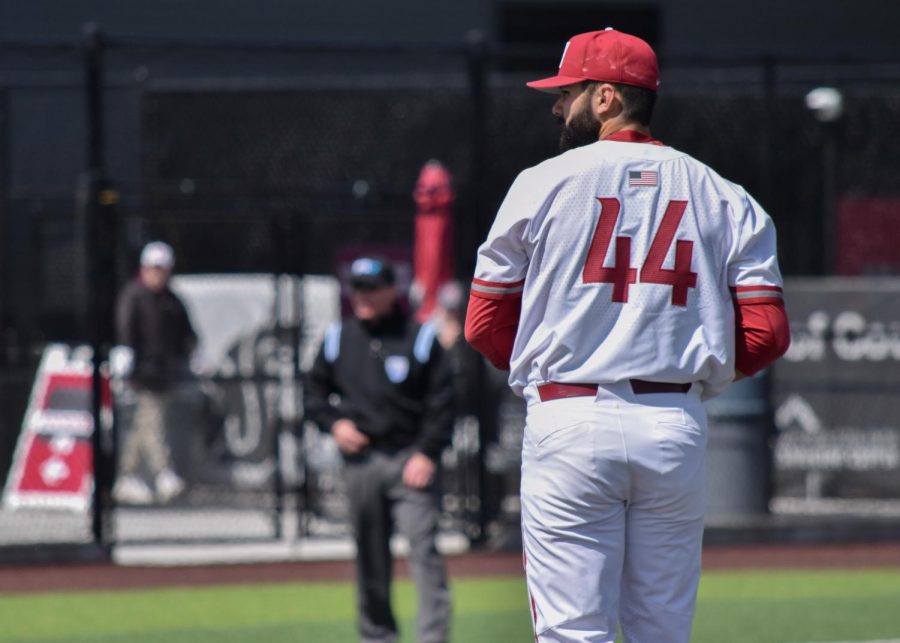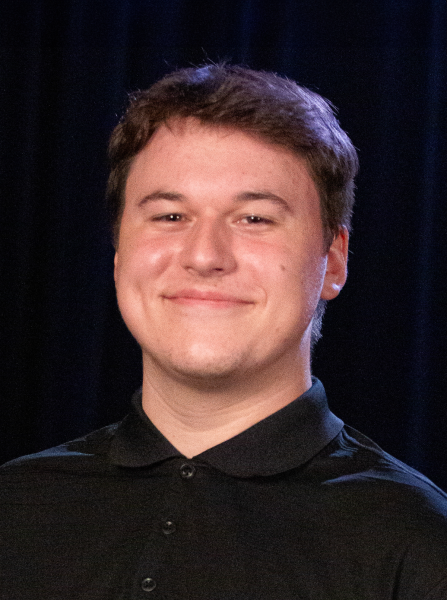Name, Image and Likeness became important terms and an important acronym for everyone in the landscape of college athletics in 2021. The breakthrough decision meant that college athletes could create a brand where they could earn money before becoming professionals.
Importantly, it meant a lot to athletes that perhaps were not good enough to make the pro leagues. Now, they had the opportunity to earn a good chunk of money after years of being exploited by a multi-billion dollar industry, Cougar Collective treasurer Tim Brandle said.
But NIL has become a new monster. Along with athletes using the transfer portal to their advantage, the lines between what is and what is not allowed when it comes to NIL became blurred, harboring a potentially destructive and predatory business that continued the trend of the exploitation of student-athletes leading to the NCAA launching multiple investigations, according to Sports Illustrated.
Players such as former WSU quarterback Cam Ward received multiple offers in seven figures from teams once he entered his name into the transfer portal, according to The Athletic.
NFL-caliber talent garnered million-dollar interest and players were treating the transfer portal according to reporting done by The Athletic.
WSU is not a place that is able to make those massive deals for athletes, but that is not what Zach Thornton, Cougar Collective development director, said NIL is truly supposed to be.
Thornton said that it is necessary to separate those massive deals from “True NIL,” which is getting athletes deals with local businesses and staying away from the transfer portal and the opportunities to make more money, making the college offseason a free agency period.
“I think that Pullman is like a perfect place for true NIL. You have the small local businesses, it’s a small town where everyone knows the athletes,” he said.
New developments by courts and the NCAA have made it possible for the NCAA to begin cracking down on violations of NIL, such as the ongoing investigation into Tennessee and their collectives, according to ESPN.
Cougar Collective and WSU are attempting to avoid the mistakes, whether intentional or not, that collectives across the country are making in terms of NIL as they look to keep WSU’s best interest in mind.
“Some of the collectives aren’t necessarily the greatest actors on the planet,” Brandle said. “We’re trying to do things the right way and we do things in lockstep with the school.”
A major part of the confusion of NIL has been the varying state laws regarding how athletic departments can treat NIL. In Washington, the university staff cannot act like agents for the players but can guide collectives such as Cougar Collective or Crypto Cougs in their NIL endeavors.
Nick Garner, WSU assistant athletic director for the student-athlete experience, said that his role is to educate collective groups and make sure that they are staying compliant with the rules and regulations of the state and the NCAA. Garner has a responsibility to stay up-to-date and educated on the legality of NIL practices and helps make sure that WSU and its collectives are compliant with those rules.
NIL has been in its fair share of controversies outside of Pullman, such as when current Chicago Bears player Gervon Dexter sued over a NIL deal that he had made. The deal was for a lump sum payment of $436,485 in 2022 in exchange for 15% of all his pre-tax NFL earnings for the next 25 years, according to NBC Sports.
Deals such as Dexter’s and many more have unveiled the predatory nature of the Wild West of the early stages of NIL, but Garner said he has luckily seen that having been avoided for the WSU athletes.
“I would say personally, I haven’t had to deal with too many predatory things. And I would say the other benefit that we have is that the collectives and our alumni groups just want us to be successful,” he said. “But, I totally believe it’s out there and in talking with some of my peers around the country. It’s definitely something that’s happening.”
Changes to NIL are coming, both big and small. In December 2023, the NCAA proposed a change that would allow Division I schools to pay their athletes in ways not tied to educational resources. That would mean that players would be contracted to play for schools, much like their professional counterparts.
That is part of the likely changes that will be seen over the coming years, but importantly, collectives and community fundraising for NIL will likely no longer be the primary method of these deals.
“It’s definitely here to stay. College athletics is a multibillion-dollar industry, and athletes should be getting some of that,” Garner said. “I do think that we’ll see a gradual shift from that collective style and that’s more like fundraising based to a little bit more sustainable, like brand partnerships and deals kind of along those lines. I just think we’re already seeing like donor fatigue.”
Garner said that he continues to stay up to date on the rules and regulations of NIL, ensuring WSU stays compliant with the guidelines and working with the collectives to make sure that no one is making any mistakes.
As NIL continues to grow and become a more streamlined thing, there is still room for drastic changes. Brandle said his biggest concern is if a player sues regarding eligibility if the NCAA passes their proposed change of the universities being able to pay athletes directly. The gray area that is college athletics will always be something to look out for, but as things change, WSU continues to attempt to avoid the ugly side of NIL.





